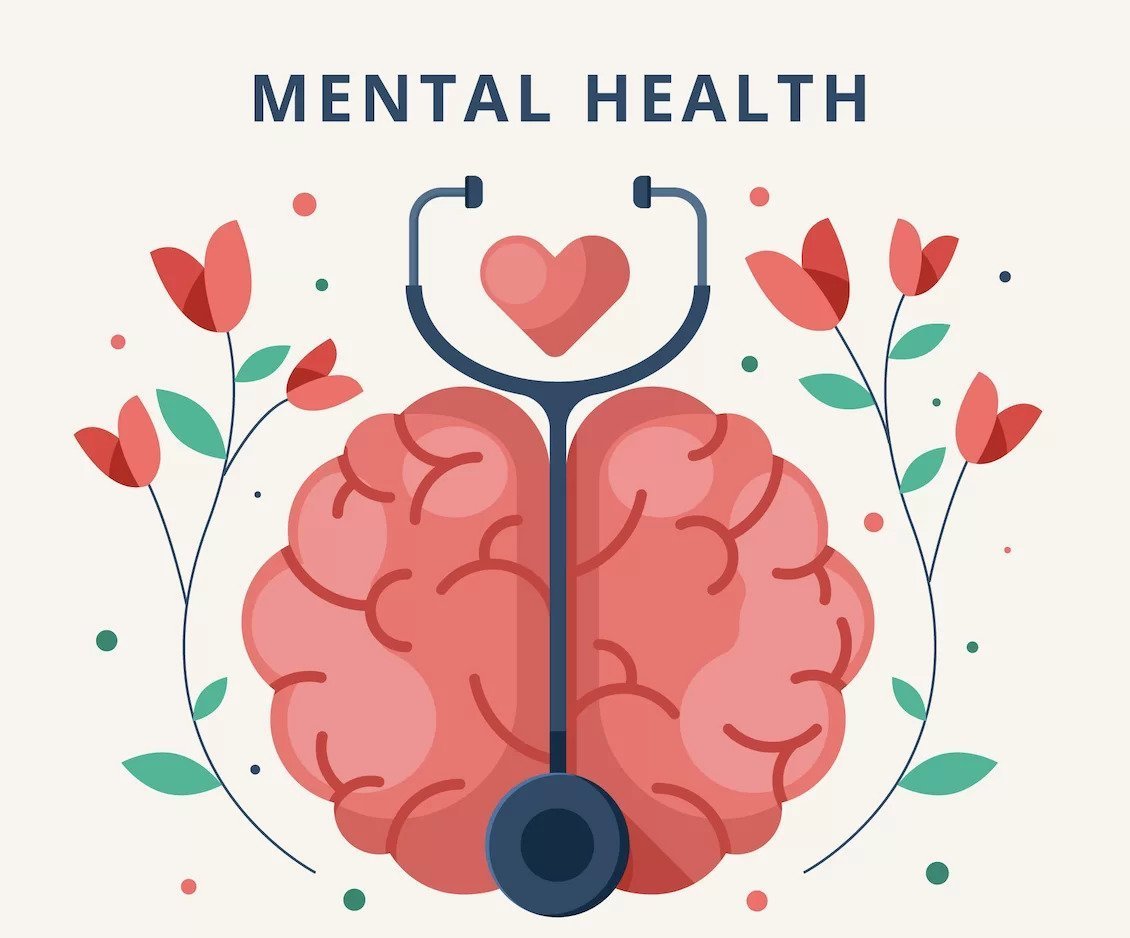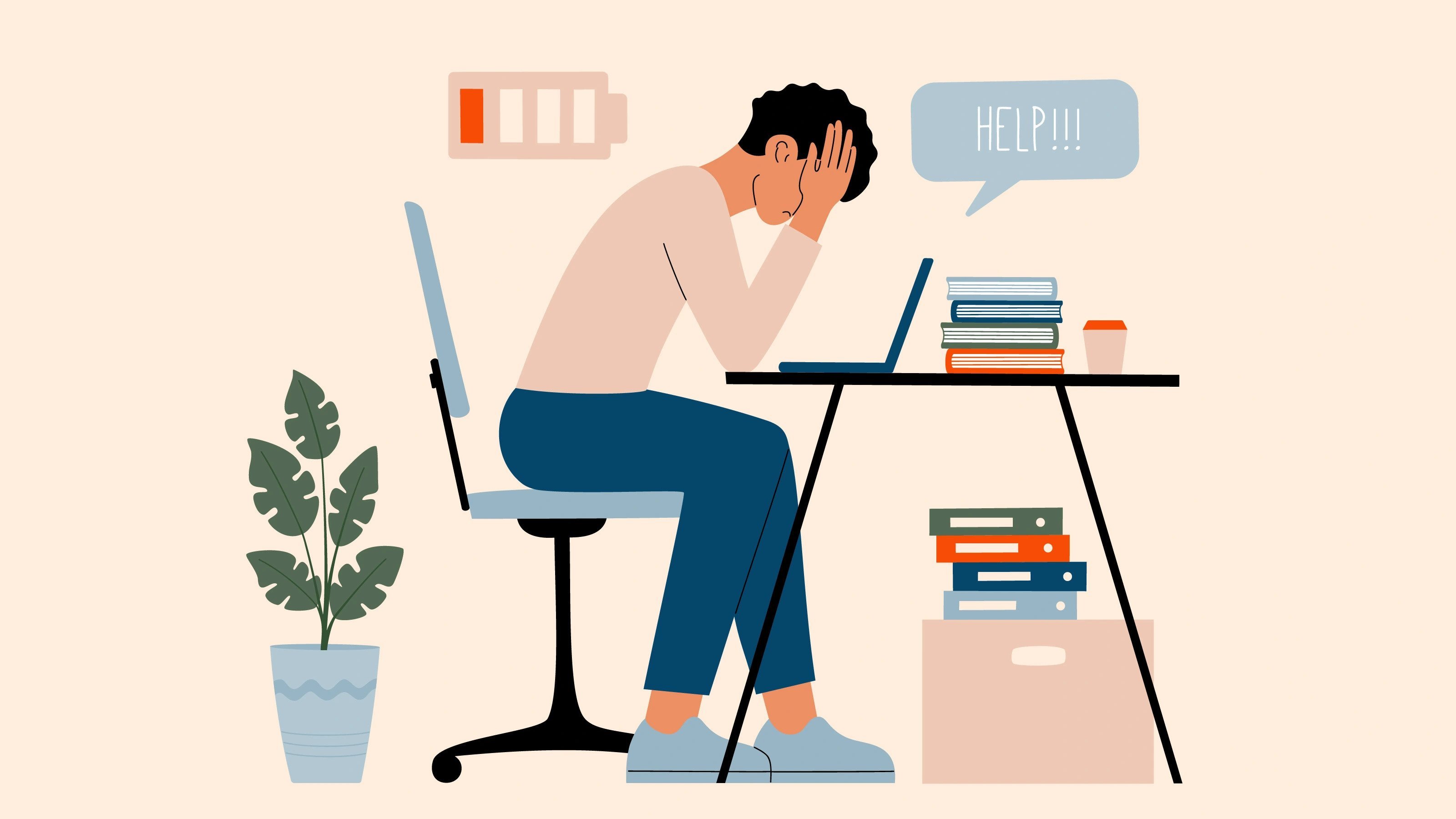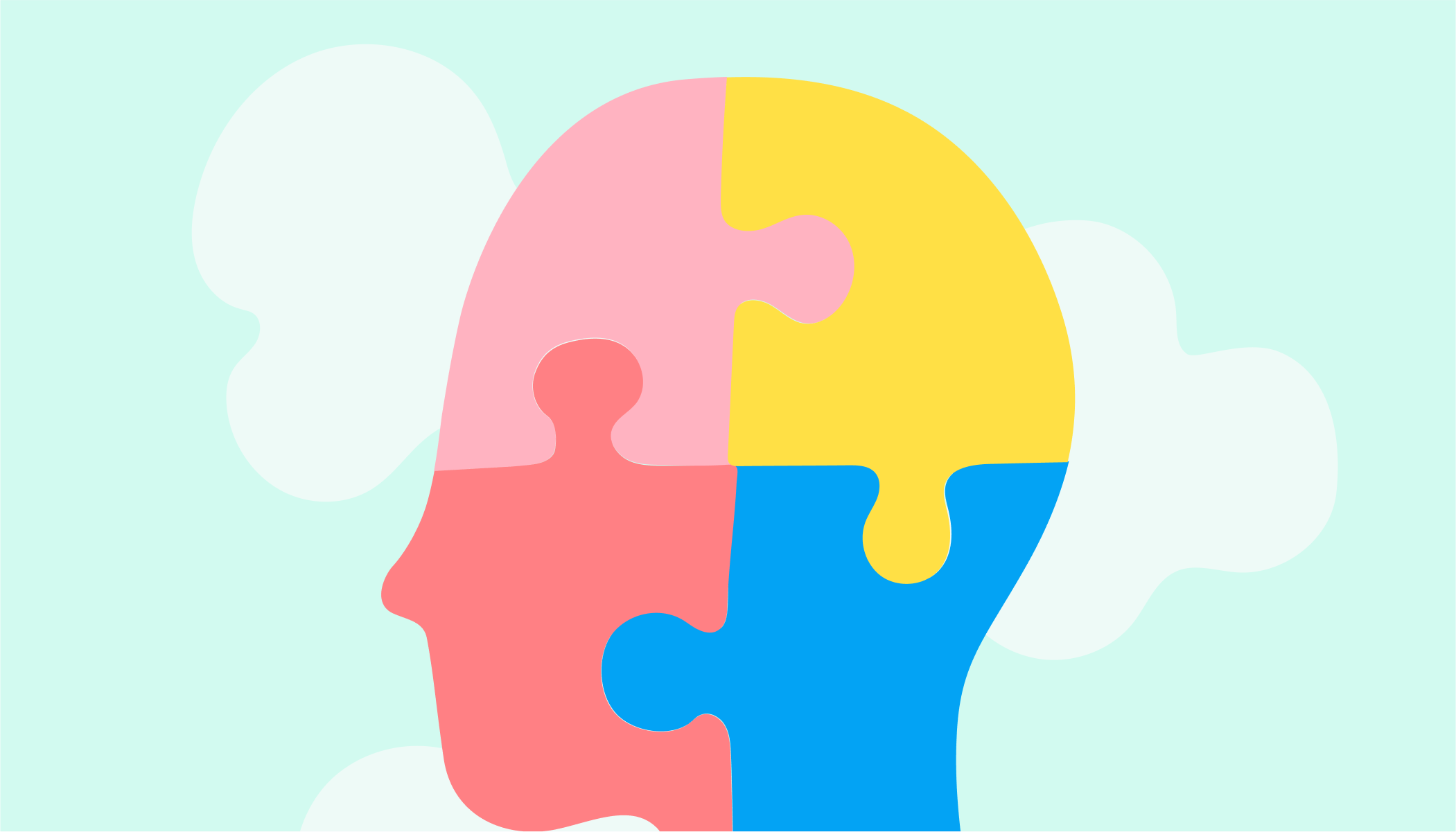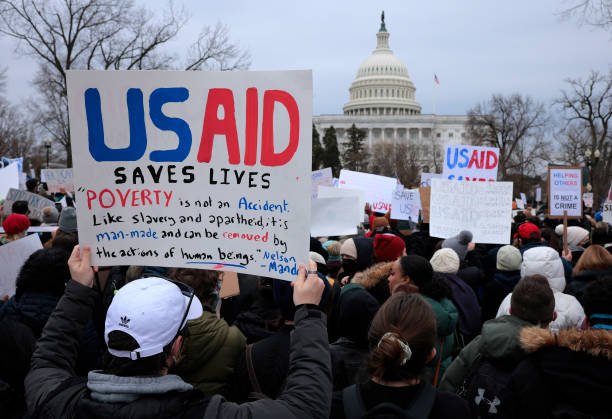Prioritizing Mental Health: A Call to Action for Understanding and Support

Mental health is an integral part of our overall well-being, encompassing our emotional, psychological, and social aspects. It influences how we think, feel, and act, and impacts our ability to cope with stress, form relationships, and navigate life’s challenges. In today's fast-paced world, it's crucial to recognize the significance of mental health and its impact on individuals and society as a whole. Sadly, many people only pay attention to mental health when a tragic event occurs, such as the loss of a loved one to suicide. However, mental health is an ongoing concern that demands continuous awareness and action. Tragic incidents often serve as catalysts for conversations about mental health. While it is disheartening that it takes such events to spur advocacy, we must seize the opportunity to create lasting change. By breaking the silence and sharing personal experiences, we can encourage others to open up, destigmatize mental health, and build a community of understanding and support.
Mental health determines our ability to navigate challenges, establish meaningful connections, and contribute positively to society. Just as physical health is acknowledged and valued, mental health deserves the same level of recognition. By making it a priority, we can create a compassionate and inclusive society where everyone feels supported and understood. It's unfortunate that discussions about mental health often arise only after tragic events. We must change this narrative and encourage open dialogue about mental health in our communities, workplaces, and families.

In today’s interconnected world, social media has become an integral part of our lives. It has revolutionized the way we communicate, share information, and connect with others. However, with its vast reach and anonymity, social media has also become a breeding ground for cruelty, leading to severe consequences for individuals’ mental well-being. Body shaming, cyberbullying, and the spread of hateful messages have resulted in a surge of mental health issues and, tragically, even the loss of lives. The cruel behavior prevalent on social media platforms has caused immeasurable harm to individuals worldwide, resulting in a mental health crisis that demands immediate attention. By promoting empathy, education, positive engagement, and support networks, we can collectively work towards building a safer, more inclusive online environment. It is essential for social media platforms, individuals, and society as a whole to acknowledge the power we hold and utilize it responsibly. Let us stand united against cyberbullying, body shaming, and the spread of hate, and instead, use social media to save lives, uplift spirits, and foster a global community built on empathy and understanding.
Everyone should actively engage in conversations surrounding mental health to foster understanding and empathy. Proactively reaching out to our loved ones and checking in on their well-being is vital. We should cultivate a culture of compassion, actively listening to others without judgment, and offering support when needed. Simple gestures like asking how someone is doing or expressing appreciation for their efforts can make a significant difference in someone's life. Building a support network that encourages individuals to share their feelings and experiences is key to maintaining good mental health. Addressing mental health issues requires a multi-faceted approach. Governments, organizations, schools, and communities must actively work together to promote mental health at all levels. Implementing mental health policies in workplaces, integrating mental health education into school curricula, and organizing community awareness campaigns can create an environment that fosters understanding, acceptance, and support.
These days, an increasing number of individuals are turning to yoga and meditation as powerful tools to address mental health issues. Yoga, with its harmonious integration of physical postures, controlled breathing, and meditation, offers a comprehensive approach to well-being. Meditation, on the other hand, cultivates a deep sense of presence and mindfulness. In this article, we delve into how yoga and meditation aid in reducing mental health issues and promote overall mental well-being. Yoga and meditation provide an effective antidote to stress by activating the body’s relaxation response. The deliberate movements, synchronized with deep breathing in yoga, promote physical relaxation, release muscular tension, and calm the nervous system. Concurrently, meditation trains the mind to focus on the present moment, easing anxiety and allowing individuals to develop a more balanced perspective on their stressors. Likewise, Yoga and meditation foster emotional resilience by encouraging self-awareness and emotional regulation. Through regular practice, individuals become more attuned to their emotions, allowing them to observe and understand their responses to various stimuli.

Educating ourselves about common signs of mental health issues enables us to identify potential struggles in our loved ones. Changes in behavior, withdrawal from activities, sudden mood swings, or extreme fatigue can all be indications of underlying mental health disorders. If we notice these signs, it's crucial to approach our loved ones with empathy, understanding, and a non-judgmental attitude. Encouraging them to seek professional help is essential for proper diagnosis and treatment. While support from friends and family is valuable, mental health professionals play a crucial role in the diagnosis, treatment, and management of mental health disorders. Encourage individuals to seek professional help when needed and provide information about accessible mental health resources. Remember that professional assistance can greatly contribute to recovery and well-being.
Promoting mental health in society involves creating an environment where individuals feel safe and supported. This includes workplaces implementing mental health policies, educational institutions offering mental health education, and communities organizing awareness campaigns. By working together, we can dismantle the barriers surrounding mental health and foster a culture of acceptance and empathy.
In a world filled with uncertainty and challenges, it is crucial for us to extend compassion and support to those around us. Often, we underestimate the impact of a simple question like “Are you okay?” It is a small act that can have a profound effect on someone’s life, especially when they are struggling with mental health issues. Behind the smiles we see and the personas people project, there may lie hidden battles that we are unaware of. Mental health struggles are often invisible, making it even more crucial for us to proactively check in on our loved ones. By asking “Are you okay?” we open a door for honest communication, showing that we genuinely care about their well-being. Human beings are social creatures, and we thrive on connection and belonging. By initiating a conversation about someone’s well-being, we let them know that they are not alone. This simple act can provide solace and emotional support, potentially preventing individuals from descending further into the depths of their struggles. Sometimes, people who are battling mental health issues may feel isolated, believing that nobody cares about their well-being. By expressing our concern through a simple question, we let them know that they are valued and loved.

It is crucial for everyone to understand that suicide is not a solution to any problem. Instead of simply offering condolences after someone’s passing, we should prioritize their well-being by asking them frequently questions like “Are you okay?” This small act of compassion can make a significant difference, particularly for those battling mental health issues. By acknowledging that mental health matters and expressing genuine concern for our loved ones, we can create a supportive environment that promotes understanding, and empathy, and ultimately, help save lives. This act of reaching out can be a lifeline, potentially redirecting someone from the path of self-destruction and providing an opportunity for professional help and support. So, let us remember to reach out, to ask, and to genuinely listen. Our small acts of love and concern can create a world where everyone feels seen, heard, and valued.
(The author is a Nepali journalist and International strategic affairs analyst who covers topics pertaining to International Affairs, Nepali politics, society, IT & Technology)






Leave Comment